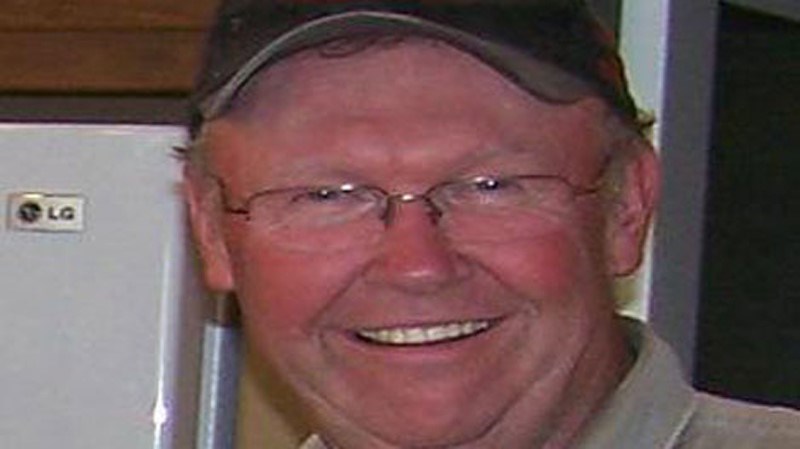The BC Supreme Court has officially declared that Vernon Michael Martin, who went missing in a hangar fire at the Prince George International Airport on Dec. 19, 2009, is dead.
Three of his brothers filed the petition with the BC Supreme Court. The declaration came from Justice Carla Forth as of Dec. 19, 2009. The ruling comes after almost 15 years of uncertainty.
The court heard Martin had been accused of sexual misconduct, and later heard that a suicide note and will had been found in a fire-proof file cabinet after the fire.
Martin, who was 55 at the time of the fire, was one of eight children and owned several companies with three of his brothers. Martin’s family wanted him declared dead in order to finalize his estate. Court heard that Martin had 16 life insurance policies.
The RCMP later reported that it had an ongoing investigation against Martin for public mischief, and there were also charges laid against him in Alberta for two counts of indecent assault and two counts of gross indecency.
On Dec. 17, 2009, he was asked to attend a meeting with several family members in order to discuss the allegations of sexual misconduct. Court heard Martin did not deny the allegations and later expressed remorse. This is also addressed in the letter he left with his will, which was discovered by a relative months after the fire.
Court heard a longtime employee and his wife then met with Martin on Dec. 19 to discuss allegations that he had engaged in sexual misconduct with their son when he was a teenager. After the confrontation at the home of one of his sisters, Martin left to go to the Northern Thunderbird hanger at the airport owned by one of his family’s companies.
The last people to see him alive were the manager of an airport-based company and his wife at about 1:30 p.m. An hour later, smoke was spotted coming out of a hanger window. Fire crews responded, with firefighters testifying that they saw no sign of Martin during their efforts.
While no human remains were found after the fire, after considering expert testimony from anthropologists the court determined that high-pressure fire hoses and heavy machinery used in the aftermath of the fire could have easily dispersed bone fragments throughout the rubble, complicating recovery efforts.
Martin’s last known whereabouts were inside the hangar, and despite extensive searches by local authorities, family, and insurers, no evidence indicated he left the site, the court ruled. His vehicle was found next to the charred remains of the hangar, and personal items, including his wallet and identification, were located within.
Investigations confirmed that he was not listed on any flight manifests or taxi passenger lists, and given the cold weather conditions that day, it would have been highly improbable for him to walk far.
The court dismissed claims that Martin could have faked his disappearance, stating there was no evidence of him arranging to vanish or of foul play related to historical sexual misconduct allegations against him. Testimony suggesting a sighting of him post-disappearance was also deemed unconvincing, particularly due to discrepancies in accounts and evidence.
The fireproof safes and filing cabinet were located at the site in March by one of Martin’s brothers. After they were dried out, they were found to include an apology in addition to details of the disposition of his assets in a will dated Dec. 16, 2009.
In light of the circumstances, which also included financial records raising doubt that Martin could afford a clandestine existence on the run, the court concluded that Martin took his own life. Forth added that she was not required to determine how he died, only that he had.
The court ordered that legal costs associated with the petition will be covered by his estate.


